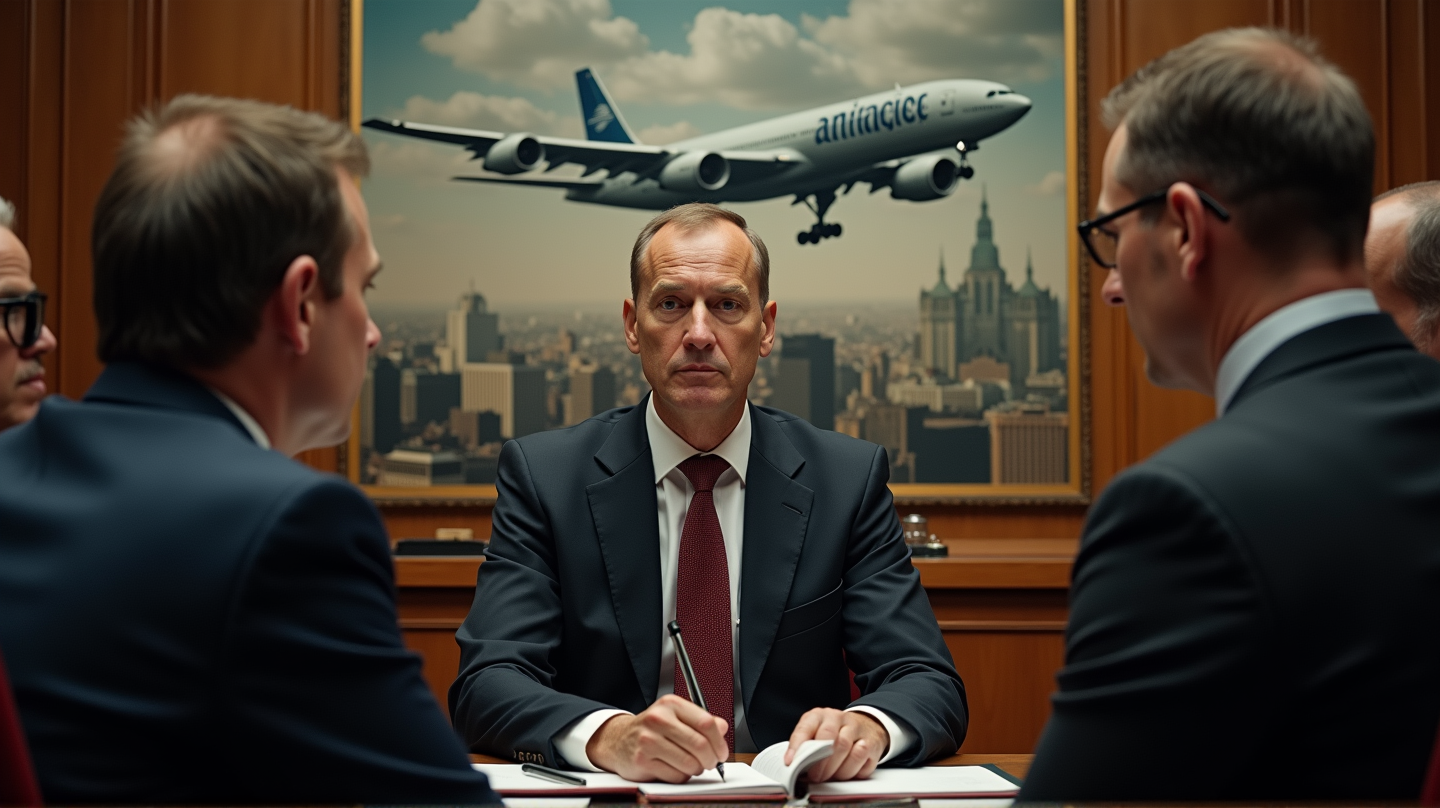Latvian Man Admits to Key Role in Smuggling U.S. Aircraft Tech to Russia
Latvian Oleg Chistyakov pled guilty to illicitly exporting U.S. aviation tech to Russia, despite sanctions, along with accomplices from Kansas.

A notable case of international technology smuggling came to light on Tuesday, involving illicit activities to export sensitive U.S. aircraft technology to Russia. Latvian citizen, Oleg Chistyakov, 56, confessed to participating in this conspiracy that spanned several years.
The Guilty Plea: Breaking Export Laws
Chistyakov pled guilty to circumventing U.S. export laws, filing false documents, and knowingly continuing these actions amid heightened tensions following Russia’s 2022 invasion of Ukraine. His actions, in partnership with Kansas residents Cyril Gregory Buyanovsky and Douglas Edward Robertson, violated strict U.S. export controls designed to limit sensitive technology transfers to Russia.
Conspiring with Accomplices
According to court documents, this scheme wasn’t a solo act. Chistyakov, along with Buyanovsky and Robertson, facilitated the unauthorized sale, repair, and shipment of crucial U.S. aviation components to Russian clients. This operation was cunningly masked through a network of falsified invoices and strategic shipping routes involving intermediary countries such as Laos and the United Arab Emirates. This meticulous planning underscored the lengths to which they went to evade U.S. sanctions.
Economic Countermeasures Ignored
Chistyakov’s confession also reveals his defiance of added U.S. economic sanctions imposed following geopolitical escalations involving Russia. Despite these increased countermeasures, he persisted, prioritizing illicit profits over compliance with international trade laws.
Consequences and Sentencing
As a result of his guilty plea, Chistyakov faces a possible sentence of up to five years in prison. His accomplices, Buyanovsky and Robertson, have also been apprehended and await sentencing, marking a significant development in the enforcement of U.S. export regulations.
This case serves as a sobering reminder of the ongoing challenges in safeguarding technological expertise and strategic assets. According to KCTV, vigilance and robust legal frameworks are paramount to countering such threats in an increasingly complex global landscape.





